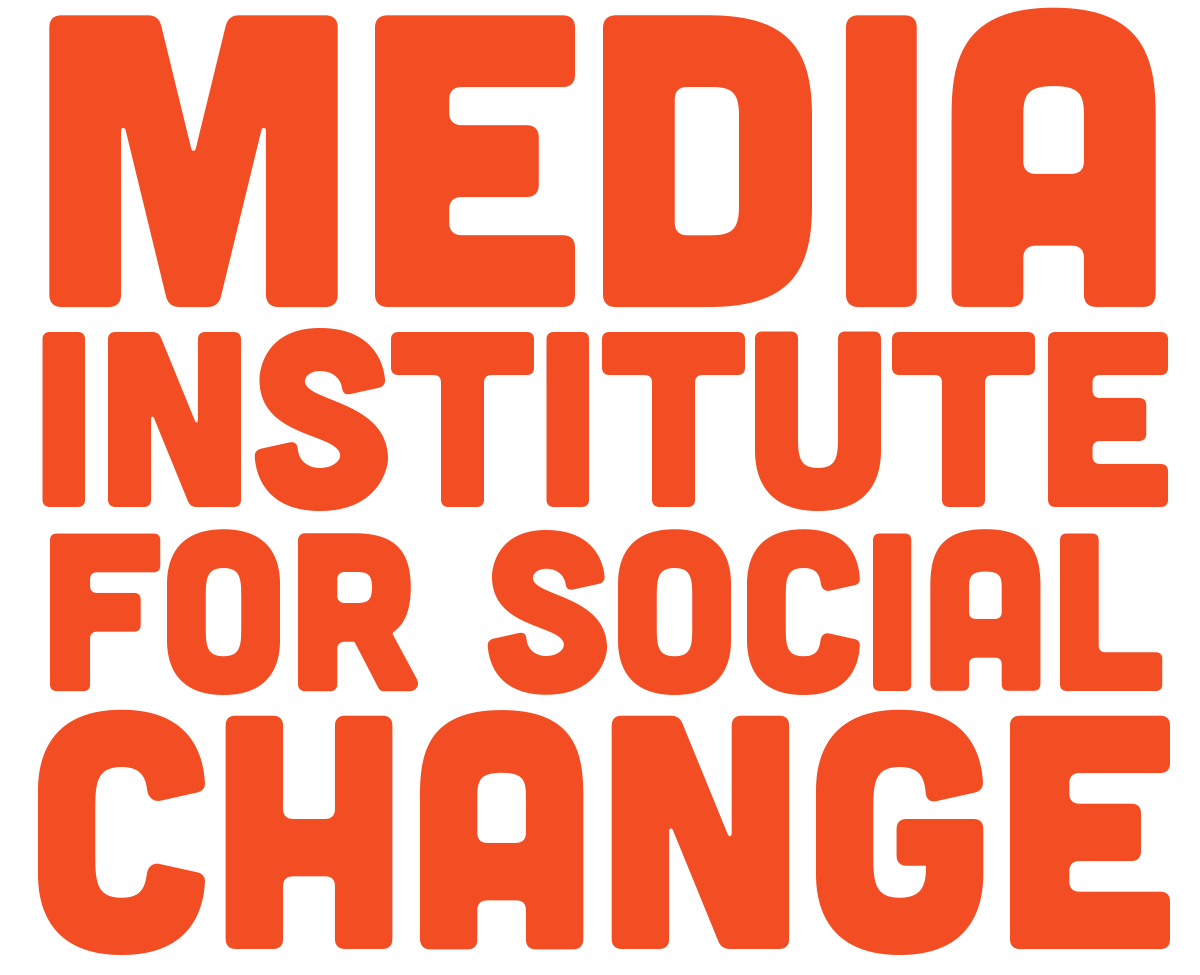When I wracked my brain for a media event I could attend as a means for blog inspiration, my mind returned with nothing. Sure, I could reference something I had done in the weeks past, but I wanted to focus on something much more present in my mind. And without any events I felt compelled to attend, I figured I might as well create one.
First, I was tasked to find my audience. This was easy. I’ve been staying with my uncle, his fiancé, and his son for the past month and a half, constantly talking their ears off about movies, all that they’re missing out on by not reading contextual additives for my favorite franchises, and one specific jewel in the now-saturated genre of comic book movies: Scott Pilgrim vs. The World. With nearly one week until I left, I finally wore them down enough to sit down in front of what I assumed would be the best cinematic experience of their life.
As I pressed play, I had a faint feeling of discomfort and questioned my plan. Would forcing them to watch this movie make them love it? Would I enjoy it for the sixth time? Do I even have enough knowledge about movies to tell people that this movie is objectively good?
But as quickly as that feeling arose, it faded. I heard the 8-bit remix of the Universal Studios Theme and fell into a trance. Without pause, for an hour and fifty-two minutes I sat, head on a swivel, looking back and forth between what I love, and my relatives (teehee).
It is rare to have an experience in which one can teach and be taught. I was both a presenter, but also a viewer. I could show my audience something unique and innovative whist learning from them that unique and innovative don’t mean the same thing to everyone.
I’d love to say they adored it. I know I did. But I think it’s almost more important to realize that it’s okay for them not to like it. I tend to write off things that I am not immediately attracted to. A movie that doesn’t immediately pique my interest may fall by the wayside for me, while someone else finds it speaks to them in a way no other film has.
As students of film, and pursuers of quality creative products, we must work to both create our own opinions on things we find interesting, but also understand the opinions of those around us. As stated best by my 14-year-old cousin who is just learning of the world of cinema, “It’s cool for you to like cheesy movies dude. That’s your thing. I think I like good ones.”
The reason that film is so important to so many of us is because we can all find our unique perspectives within the broad range of cinema that is created. Film is just like candy: I like salty licorice, but you’d rather eat dog shit.
–Atlas Finch

